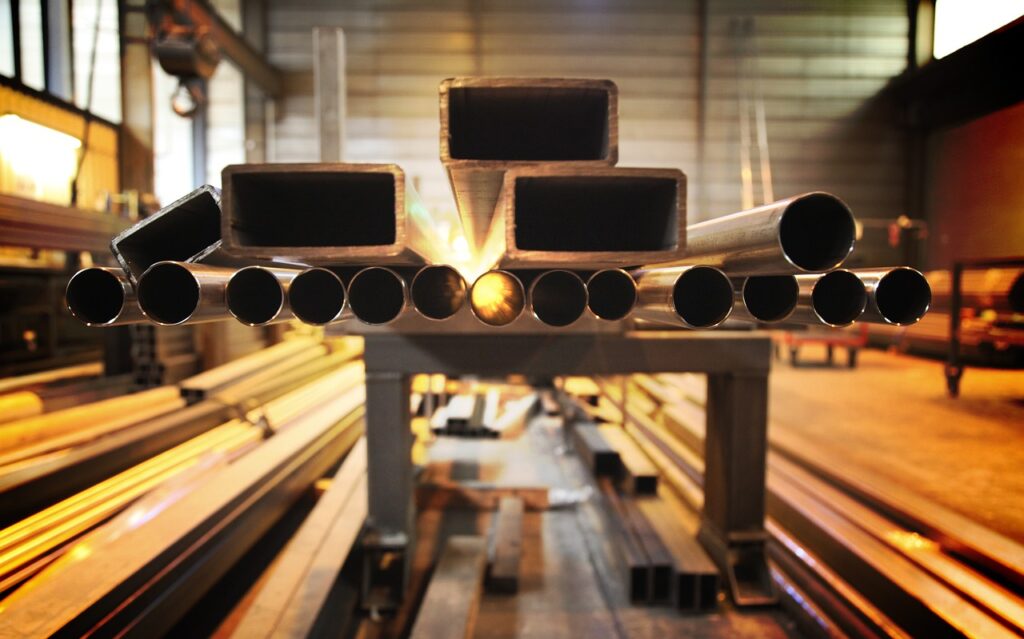The SHS – Stahl-Holding-Saar Group (SHS Group), which includes Dillinger, Saarstahl, and ROGESA, has signed a decade-long agreement with France’s Verso Energy for the annual supply of at least 6,000 tons of renewable hydrogen.
The deal, starting in 2029, marks a milestone for the Power4Steel decarbonization project and signals growing Franco-German cooperation on industrial hydrogen.
The contract follows a closed tender process launched by ROGESA in March 2024 to secure regionally produced hydrogen. Verso Energy will deliver hydrogen certified as Renewable Fuels of Non-Biological Origin (RFNBO), ensuring production from renewable electricity. Supply will come from the Carling Hydrogen Next Generation (CarlHYng) project in Carling, France, which includes an electrolyzer investment exceeding €100 million.
Hydrogen from Carling will flow into the Moselle-Saar Hydrogen Conversion (mosaHYc) pipeline network, commissioned in April 2024 by Creos Deutschland Wasserstoff GmbH and NaTran Deutschland SA. The cross-border infrastructure is designed to connect French production with Saarland’s steel industry, allowing hydrogen to be transported directly to Dillingen’s steel plant.
For SHS, the first 6,000 tons per year represent only an initial step. By the early 2030s, the group aims to cut carbon emissions by up to 55%, relying on hydrogen, recycled steel scrap, and new production technologies, including a direct reduction plant and electric arc furnaces at both Dillingen and Völklingen. Meeting these targets is critical to align with European funding requirements for industrial decarbonization.
The scale of the group’s ambition is clear. In its final expansion stage, SHS expects to use up to 120,000 tons of hydrogen annually, positioning itself as the largest regional consumer. That level of demand would not only transform Saarland’s steel industry but also anchor the economic case for hydrogen infrastructure across the Franco-German border.
The partnership reflects broader trends in Europe’s industrial transition. Heavy industry, long considered hard to abate, is increasingly entering binding agreements that tie future competitiveness to hydrogen availability.
Stay updated on the latest in energy! Follow us on LinkedIn, Facebook, and X for real-time news and insights. Don’t miss out on exclusive interviews and webinars—subscribe to our YouTube channel today! Join our community and be part of the conversation shaping the future of energy.





